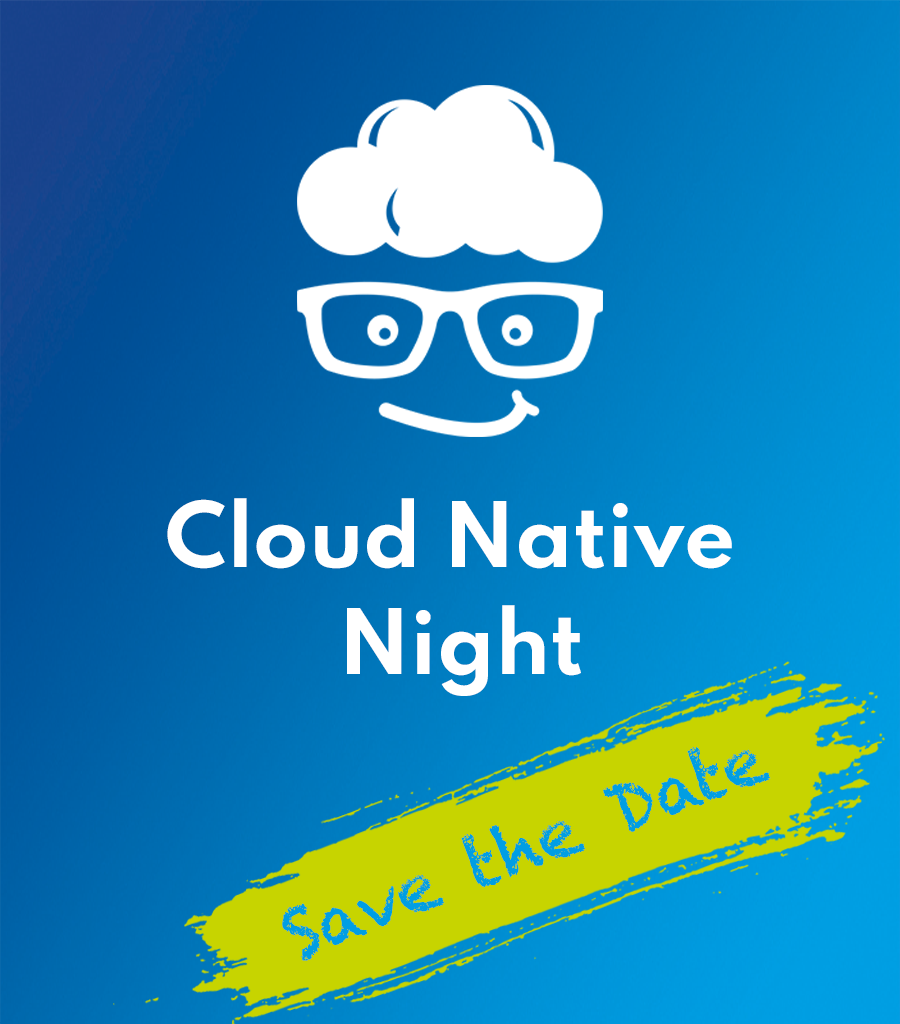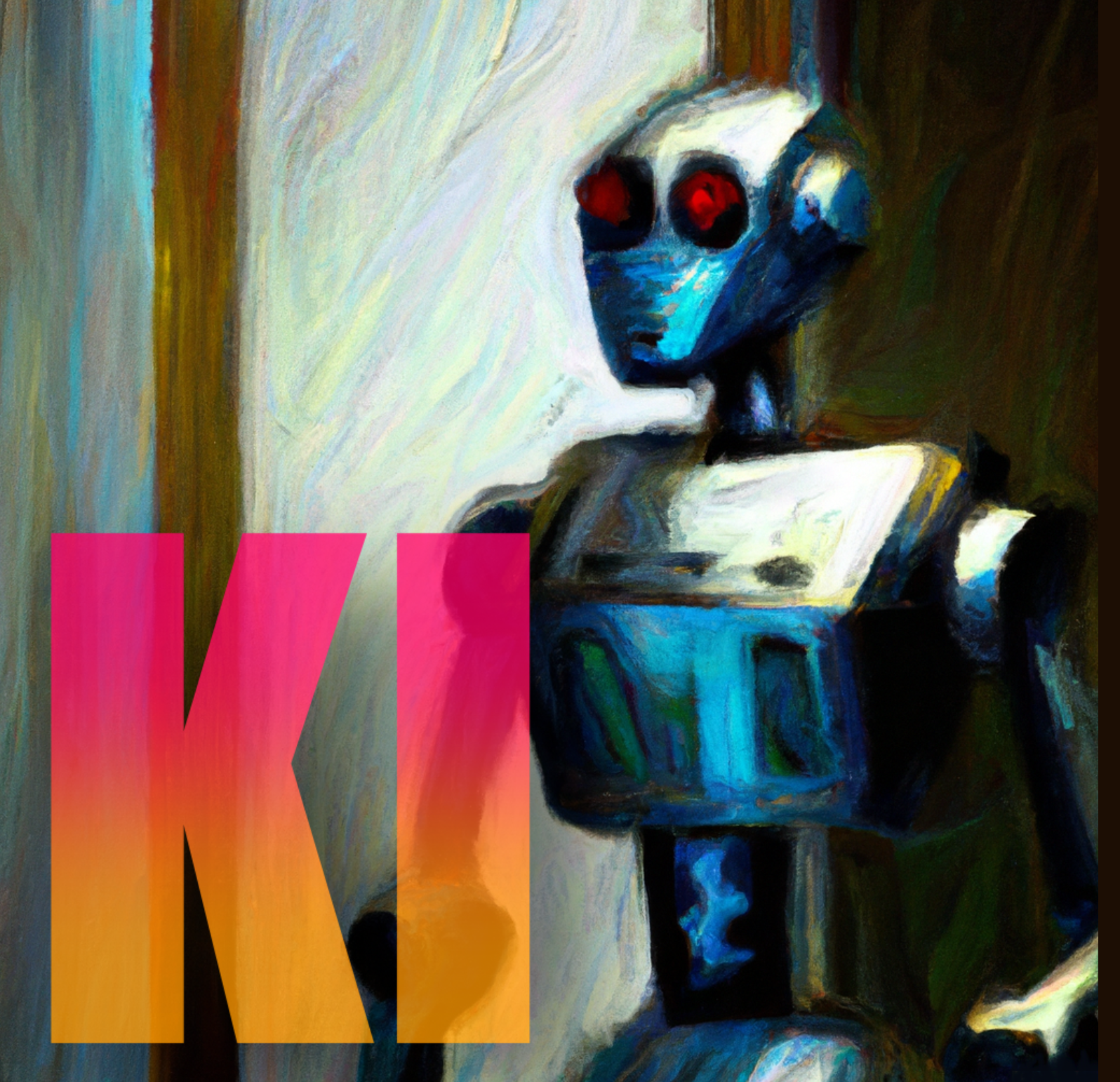Der Traum von den unendlichen Weiten der Daten ist schnell ausgeträumt, wenn wir unsere APIs nicht im Griff haben. Dabei ist es egal, ob wir uns APIs zwischen unseren Services, zwischen Frontend und Backend oder zu Fremdsystemen anschauen – APIs sind ein fundamentaler Bestandteil unserer Softwarearchitektur und ohne Testautomatisierung geht gar nichts.
Die Cloud hat bereits heute einen größeren CO2-Fußabdruck als die Luftfahrtindustrie, mit steigender Digitalisierung und Cloudifizierung wird sich dieser Trend fortsetzen, wenn wir nichts dagegen unternehmen. Viele Kubernetes-basierte Installationen sind gemessen am eigentlich benötigten Ressourcen Bedarf stark überdimensioniert und tragen so unnötig zur globalen Erwärmung bei. Wie sieht die Energiebilanz Ihres Clusters und Workloads aus.








